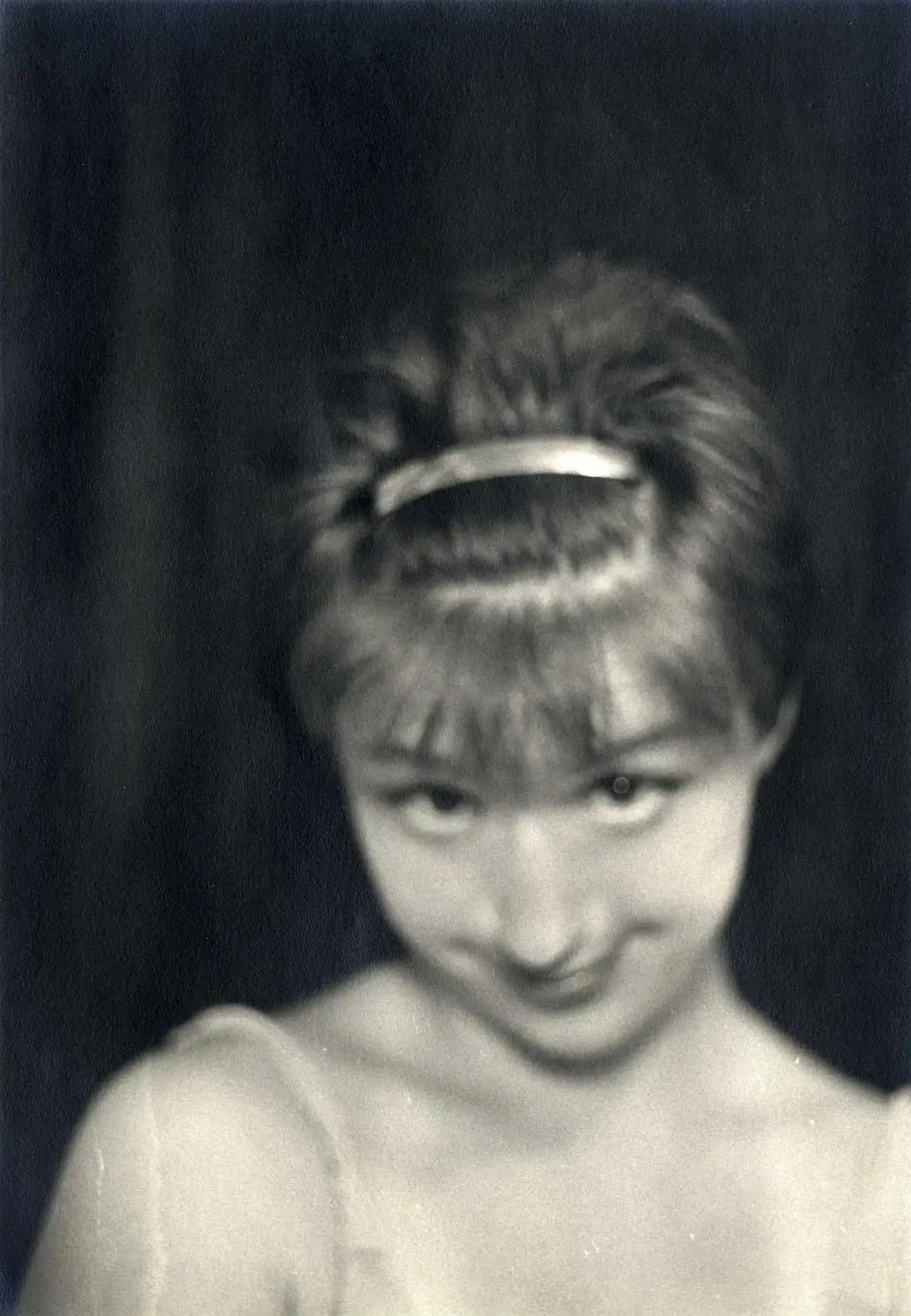
American photographer and filmmaker Cindy Sherman, recognized for her wide-ranging conceptual self-portraits, is considered one of the most influential contemporary artists working today. An instrumental member of the Pictures Generation, an informal group of artists that formed in the early 1970s who drew inspiration from mass media and pop culture, Sherman created her most famous series, “Untitled Film Stills,” between 1977 and 1980. The collection of photographs is comprised of 70 black-and-white photographs that feature the artist posed as a variety of generic female film characters, replete with carefully crafted sets. As she dons various personae, from wide-eyed ingenue to lonely housewife, Sherman’s enactments of the male gaze convey a palpable unease. This seminal series was ultimately acquired by the Museum of Modern Art, New York, in 1995 for $1 million—the same year the artist was awarded a MacArthur Fellowship, which is commonly referred to as the “Genius Grant.”
A rare and significant example of Sherman’s work, dating from even before her “Untitled Film Stills,” Untitled (Self-Portrait) (1975), is currently live for bidding in our Select Photographs sale. We spoke with Artnet’s Senior Associate of Photographs, Matthew Parciak, about the piece.
Cindy Sherman, Untitled (Self-Portrait) (1975)
Cindy Sherman, detail of Untitled (Self-Portrait) (1975). Est. $50,000–$70,000.
Can you talk a bit about what makes the Untitled (Self-Portrait) (1975) lot so special?
The work is a vintage print and most likely unique, as no other example of this print has come up at auction. Additionally, the work was gifted to fellow artist John Maggiotto in 1979 when he was the director of Hallwalls Gallery in Buffalo, New York, which is where Sherman had her first solo exhibition. The piece is inscribed with a note to Maggiotto from Sherman expressing the closeness of their friendship.
What does it mean for a photograph to be “vintage”? How does that impact its value?
Vintage works are typically very rare, and usually printed shortly after a photograph was taken (within five years). They reveal an artist’s original intention for an image, using the paper and chemicals available at the time. Because they are so rare, they typically sell for a far higher amount than a more common, later print would.
Note from Cindy Sherman to John Maggiotto.
How should we think of this image in relation to her wider oeuvre?
The present work offers an exceptionally early glimpse into Sherman’s mind as a young student in 1975. Years before her acclaimed “Untitled Film Stills,” her interest in character development and the physical manipulation of her own form is evident. The same year this work was made, she also contributed to an exhibition titled “Five Photographers” at the CEPA Gallery in Buffalo, New York. Sherman showed 103 small images, including several alternatives of the present image, that reveal subtle variations on the theme of facial expressions. Each gradually different, the images represent a wide range of nonverbal forms of expression. Here, she glances upward, caught in a moment of extreme foreshortening, which appears flirtatious with her hair clipped back.
For her presentation in “Five Photographers,” her works were divided into two early series, one being “Untitled (Growing Up),” which the present work may be a variation from. Sherman uses the sequential images to illustrate a young girl transitioning from a playful child to a coquettish youth to a serious woman. Aging herself with barrettes, headbands, and makeup, her commentary on this development delves into not only a loss of innocence but a loss of playfulness and energy. Each stage of the process is isolated and represented by a singular facial expression.
Why is now the time to be collecting works by Cindy Sherman?
She is one of the most groundbreaking contemporary artists still working today, and has influenced countless other working artists. A true blue-chip artist, her work consistently sells for high prices. She recently joined the international megagallery Hauser & Wirth after her longtime gallery, Metro Pictures, closed. They recently re-exhibited her important “Untitled Film Stills,” which were clearly influenced by images like the present work.
Richard Prince, Untitled (from Upstate) (1998)
Richard Prince, Untitled (from Upstate) (1998). Est. $8,000–$12,000.
How does this work relate to or complement any other lots in the sale?
Richard Prince’s Untitled (from Upstate) (1998) is also featured in Select Photographs. Both Prince and Sherman are defining artists of the Pictures Generation, and both have close ties to the upstate region of New York; Sherman’s Untitled (Self-Portrait) is from her time as a student in Buffalo.
Glen Luchford and Jenny Saville’s Closed Contact #3 (1995–96) also relates to the work of Sherman. Luchford and Saville delve into the complex and often distorted notions of female beauty. Here, Saville’s form, pressed onto Plexiglas, takes on a kind of monstrous, abstract quality that forces the viewer to question their relationship with the body and with beauty. It’s similar to the way Sherman explores such themes by using extreme prosthetics, wigs, and makeup to completely transform herself into an unrecognizable character. Early in her career, her transformations recalled female archetypes in film using makeup and props, but later in her career, she does not shy away from discomforting the viewer with her images.
Glen Luchford and Jenny Saville, Closed Contact #3 (1995–96)
Glen Luchford and Jenny Saville, Closed Contact #3 (1995–96). Est. $20,000–$30,000.
Browse these lots and dozens more, by artists such as Wolfgang Tillmans, Vik Muniz, and Peter Beard, in the Select Photographs auction, now live through February 15, 2023.